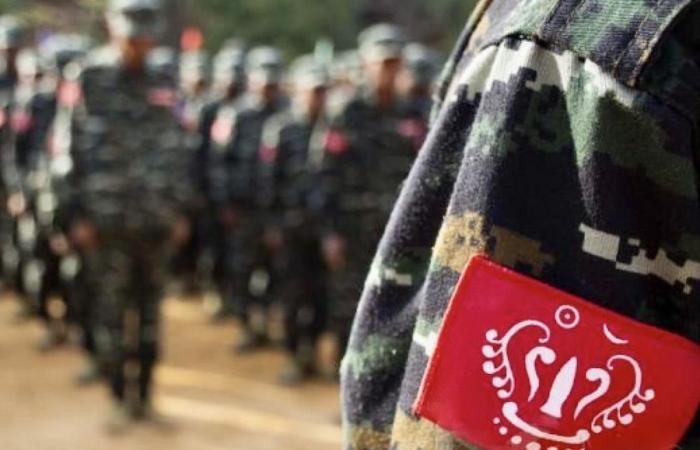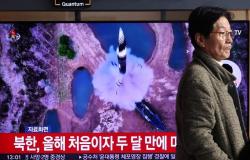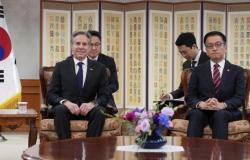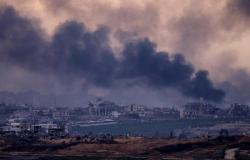Gavroche has selected for you some notable news in Burma during this past week. An essential overview of the news for anyone interested in this South-East Asian country.
Politics, Diplomacy
Burma's Ambassador to China, Tin Maung Swe, has been named “Outstanding Personality of the Year 2024” by a prestigious Chinese media outlet. This prize, awarded by an international jury, traditionally honors diplomats who have played a key role in strengthening bilateral relations between China and their respective nations. In the case of Tin Maung Swe, it was his commitment to the China-Burma Economic Corridor that was particularly praised. This strategic project, supported by the Burmese military regime, aims to consolidate economic ties between the two countries by promoting the development of infrastructure and trade.
The Burmese military regime has released a preliminary report on the population census conducted in October, revealing that it was only able to enumerate 145 of the country's 330 townships. These figures suggest that the regime currently controls less than half of the national territory. Originally scheduled for October 1-15, the census was extended until the second week of December due to continued fighting across the country. This is the first census organized under Min Aung Hlaing's regime and is supposed to serve as a basis for holding elections announced for next year. However, the partial results obtained and the methodology used raise serious questions about the reliability of the data and, by extension, the credibility of the planned elections.
Acting President of the Government of National Unity (NUG), Duwa Lashi La, has announced reforms for 2025 aimed at strengthening leadership and improving the performance of ministries. He also invited qualified people to join the civilian government. In his speech at the start of the year, he acknowledged that leadership failures and dysfunctions have caused considerable harm to the population. He highlighted the limitations of the People's Defense Forces, the People's Administration and the People's Security Forces. Duwa Lashi La also appealed to members of the military regime, urging them to join the people's camp and stop protecting the regime of Min Aung Hlaing, responsible for violence against civilians.
Chinese Ambassador to Myanmar Ma Jia met separately with Minister of Energy Ko Ko Lwin and Minister of Finance and Planning Win Shein in Naypyidaw on Friday (January 3) and Saturday (January 4). Discussions focused on strengthening cooperation in existing and planned oil and gas projects. Topics also included Chinese investments to modernize oil refineries and fertilizer plants. , as well as building new ones. The talks also covered development projects financed by Chinese loans in Burma, according to media affiliated with the military regime.
Marking the 77th anniversary of Burma's independence, celebrated on January 4, Secretary of State Antony J. Blinken reaffirmed the United States' commitment to the people of Burma. In a statement issued on January 3, he underlined his country's support for the quest for democracy, stability, economic prosperity and respect for human rights in Burma.Mr. Blinken also urged the military regime to end the violence, release arbitrarily imprisoned detainees, allow unrestricted humanitarian access and enable a return to inclusive democracy.
Economy
Burma faces a rapidly worsening energy crisis. Less than two weeks after the military regime created the Electricity and Energy Development Commission, intended to “accelerate the development of the energy sector,” power outages have doubled in duration. In Yangon, the country's commercial capital, power outages, previously limited to four hours a day, now extend into the night, reducing power supply to residential areas to around 10 hours a day. The population, already exasperated by the major disruptions to daily life due to this deterioration, reacted with disbelief on Wednesday. During a speech on the occasion of the 150th anniversary of the Dala shipyard in Yangon, Min Aung Hlaing caused astonishment by calling for investment in research on electric ships, a project seen as disconnected from current urgent needs.
In the first nine months of the 2024-2025 financial year, Myanmar imported more than 1.4 million tonnes of fertilizer, according to the Urea Fertilizer Purchasing and Distribution Steering Committee. Union Minister for Cooperatives and Rural Development U Hla Moe said the committee would continue to assess needs and recommend imports of remaining fertilizers and pesticides. The Myanmar Fertilizer, Seed and Pesticide Contractors Association (MFSPEA) will monitor companies to ensure they comply with set import volumes. Import permits will be issued only to companies capable of meeting these volumes. The steering committee announces that it will also monitor fertilizer prices in different regions of the country to avoid over-invoicing and market manipulation.
The Central Bank of Burma (CBM) announced that it had made further liquidity injections into the foreign exchange market, with more than 510,000 yuan injected on January 3, after sales of $25 million. As of January 2, the CBM had already injected more than 670,000 yuan and 2.45 million baht. As of December 2024, these interventions totaled $144 million, 321 million baht and more than 12 million yuan, with the aim of combating monetary instability and the devaluation of the kyat. The CBM said it was continuing its efforts by taking strict measures, in cooperation with law enforcement, to sanction those attempting to manipulate the foreign exchange market. Since December 5, 2023, it has authorized approved brokers to carry out online foreign exchange transactions, according to the rate determined by supply and demand.
Society/Repression/Conflict
In 2024, more than 750 children lost their lives during military regime airstrikes in Burma, according to UNICEF's annual report. The ongoing civil war is exacerbating a major humanitarian crisis, with an estimated 6 million children in need of emergency assistance. Access to essential services is seriously compromised: more than a million children have not received life-saving polio vaccines, and more than 5 million are deprived of education. UNICEF calls for urgent action to meet their vital needs and guarantee their protection.
The United Nations suspects Thailand of facilitating the acquisition of weapons by the Burmese military regime. A UN report reveals that Thai banks may have served as a conduit for the transfer of funds intended to purchase military equipment, allowing the junta to continue its military operations and violently repress the civilian population. In response to these accusations, Thai authorities have opened an investigation, but say they have found no direct evidence linking the identified financial transactions to the purchase of weapons by the Burmese regime. While denying any direct involvement, Thailand has recognized the need to strengthen its control mechanisms to prevent the use of its financial system for illicit purposes.
The future of the ongoing Arakan Army (AA) offensive in Rakhine State will depend on the response of the Myanmar military regime, said Khaing Thukha, a spokesperson for the ethnic armed organization. On Sunday, the AA expressed its desire to favor a political resolution to the internal conflict, rather than continuing military hostilities. The announcement comes as the AA took full control of Gwa, the southernmost town in Rakhine state. The organization now controls 14 of the 17 townships in this western region, just 13 months after the start of its offensive. By consolidating its hold on Rakhine State, the AA now has major strategic leverage. It controls much of China's projects in the region, including oil and natural gas pipelines, as well as crucial access to the Indian Ocean from China's Yunnan province.
The media Irrawaddy recently visited Lashio, six months after the northern Shan State capital fell to the Myanmar National Democratic Alliance Army (MNDAA) last August. Since then, many residents have returned, and around 70% of the city has returned to some normality, following the cessation of the regime's daily airstrikes, following mediation by the Chinese government. The MNDAA established a local government in Lashio and now runs several public hospitals, working with medical professionals who joined the Civil Disobedience Movement after the 2021 coup. However, reopening schools remains a challenge. The MNDAA and the Chinese-led military regime are expected to begin talks on January 15.
Every week, receive Gavroche Hebdo. Register by clicking here.






